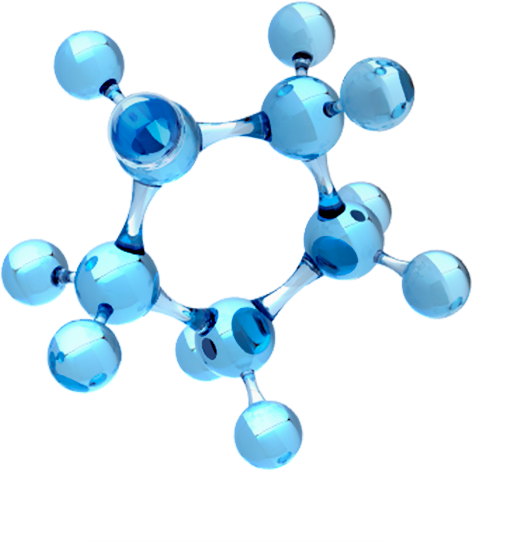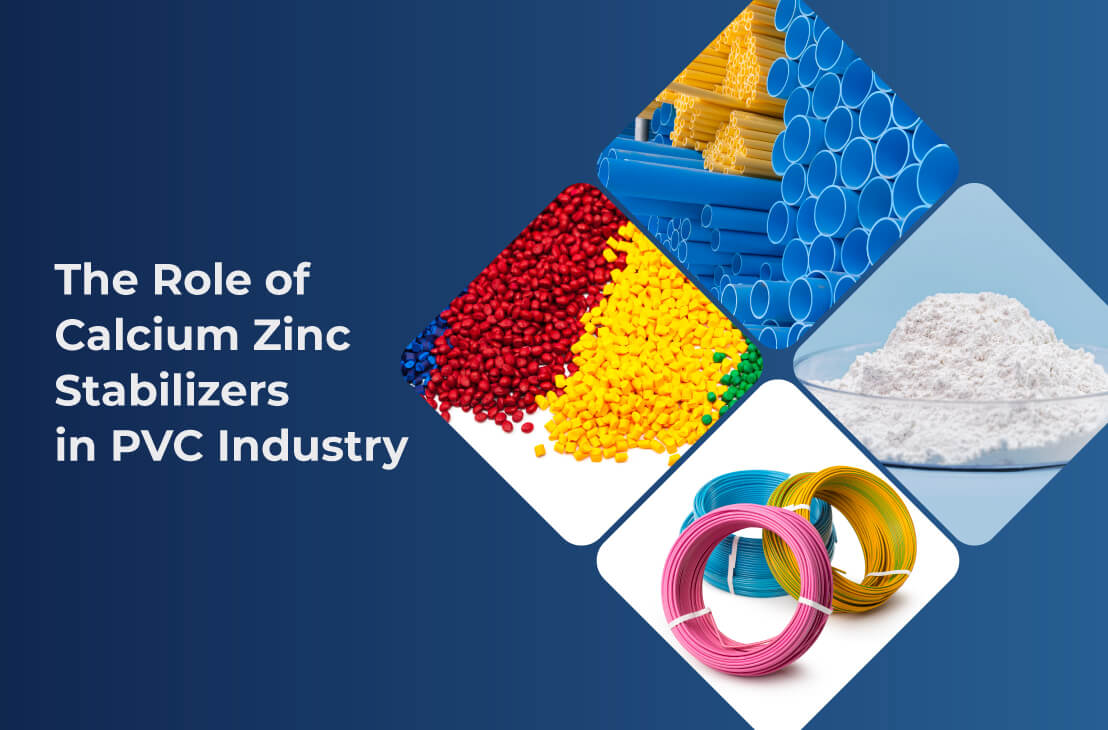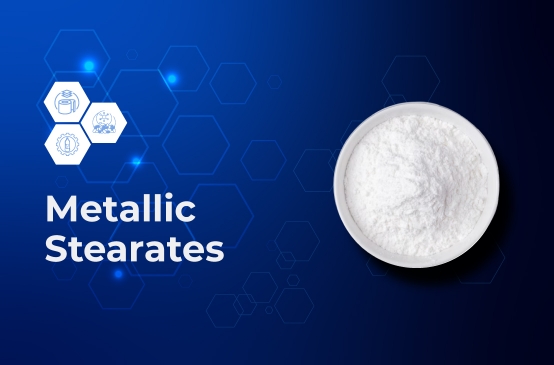When chips clump together in a new bag, have you ever been irritated by this? Has anyone ever worked with clumpy powders or things that just won't flow smoothly? The phenomenon known as blocking, in which surfaces, or particles adhere to one another and prevent easy movement or use, usually causes these annoyances. These are the unsung heroes of this situation: anti-blocking agents. These unseen heroes work in the background in numerous industries to prevent materials from sticking, clumping, or blocking. Compounds that prevent blockages are crucial for maintaining the quality and functionality of goods in a range of sectors, such as polymers, pharmaceuticals, food processing, and more. But how do they perform this magic? Understanding the science behind anti-blocking chemicals helps one to appreciate their intricate mechanisms and crucial role in maintaining effective processes and goods.
As we go into the fascinating world of these additives, let's examine the molecular dance, surface contact, and creative ways these additives prevent things from irritatingly sticking together. Set out on this scientific journey to uncover the mysteries of anti-blocking chemicals and their transformative impact on several industries.
Techniques to Identify Anti-Block Software
Additives known as anti-blocking agents work by keeping particles from adhering to one another, maintaining the product's ideal quality and flow. Their longer shelf life and functionality are crucial for numerous consumer and business items.
How Do These Operate?
-
Particle disruption
Van der Waals forces and other interparticle forces, which drive particles to attract and bind to one another, are lessened by anti-blocking agents. These materials reduce the contact between particles and stop clumping by applying a thin coating or changing surface characteristics.
-
Alterations to the Surface
These substances frequently alter the particle surfaces to produce a microstructure that prevents agglomeration. To lessen particle friction, this change could entail employing a material that modifies the surface or providing a coating of lubricant.
-
Absorption of Moisture
Anti-blocking substances can occasionally function as desiccants by absorbing moisture from their surroundings. These substances successfully stop agglomeration in materials when moisture is the main cause of clumping by lowering the moisture content.
Applications across a Range of Industries
-
The Industry of Food
The food business uses anti-blocking chemicals in a variety of items, including baking ingredients, salt, sugar, and powdered spices. They guarantee that these goods will always be of the greatest quality, manageable, and accessible.
-
Medicinal Products
Anti-blocking chemicals keep powdered drug from clumping together, which is important because the pharmaceutical industry relies heavily on consistency and accuracy. This guarantees accuracy in dosage measurements and user-friendliness for manufacturers as well as end users.
-
Substances and Polymers
These compounds prevent polymer resins, granules, and other materials from clumping or caking during storage and transit, preserving their usability and being vital to the plastics and chemical industries.
The Future of Anti-Blocking Agents
The science behind anti-blocking agents is complex, but it ensures that everything from kitchen spices to pharmaceutical medications stays accessible and free-flowing, improving our daily lives in ways we might not often notice. Researchers are exploring environmentally friendly alternatives and improving the efficacy of these agents across various temperature and humidity conditions. In conclusion, while anti-blocking agents may go unnoticed in everyday products, their impact on product quality, usability, and consumer satisfaction is undeniable.







